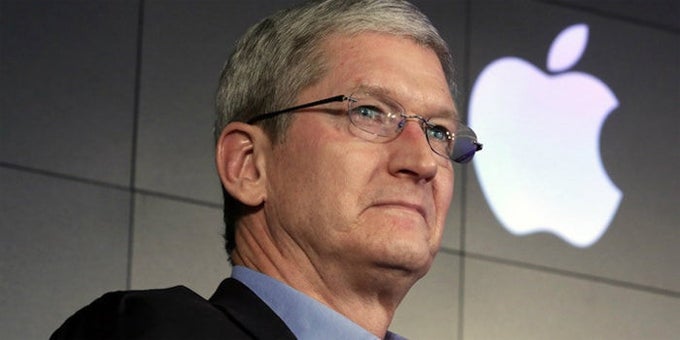Apple ordered to pay upwards of $14bn to Ireland in back taxes

The decision leaves me with no choice but to seek cabinet approval to appeal. This is necessary to defend the integrity of our tax system; to provide tax certainty to business; and to challenge the encroachment of EU state aid rules into the sovereign member state competence of taxation.
Europe's antitrust enforcer has concluded that between 1991 and 2015, Apple has been paying substantially less corporate tax than other such businesses. In 2003, the company paid an effective corporate tax rate of 1 percent on profits of Apple Sales International, with the amount decreasing to merely 0.005 percent in 2014. For comparison — Ireland's corporate tax rate for trading income, sans tax reductions or benefits, is 12.5%.
The EU's official stance is that Ireland's tax rulings have endorsed an artificial internal allocation of profits within Apple Sales International and Apple Operations Europe, which has “no factual or economic justification.” Said tax rulings have resulted in most sales profits of Apple Sales International being allocated to a fictitious “head office” that neither had a base, nor any employees, when only the Irish branch of Apple Sales International actually had “the capacity to generate any income from trading.”
Tim Cook, CEO of Apple Inc., has since published an open letter regarding the Commission's decision on the company's website. In it, Cook calls the ruling “unprecedented” and argues that the investigation of the EU antitrust regulator was motivated not by how much taxes Apple pays, but rather by “which government collects the money.”
The letter goes on to make a case that, since almost all of Apple's R&D takes place in California, it is then to be expected that the vast majority of its profits will be taxed within the United States, and not Europe.
“European companies doing business in the U.S. are taxed according to the same principle. But the Commission is now calling to retroactively change those rules [...] Using the Commission’s theory, every company in Ireland and across Europe is suddenly at risk of being subjected to taxes under laws that never existed,” writes Cook.
Follow us on Google News











Things that are NOT allowed:
To help keep our community safe and free from spam, we apply temporary limits to newly created accounts: